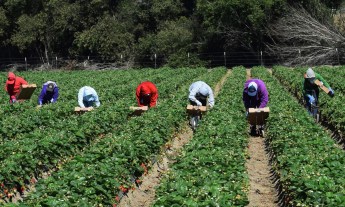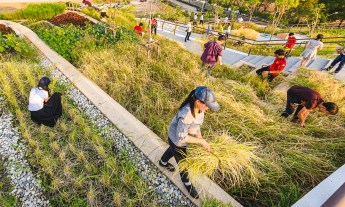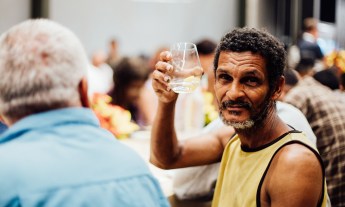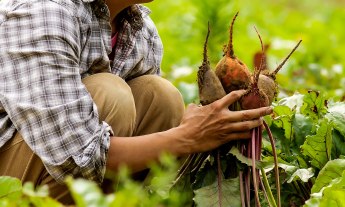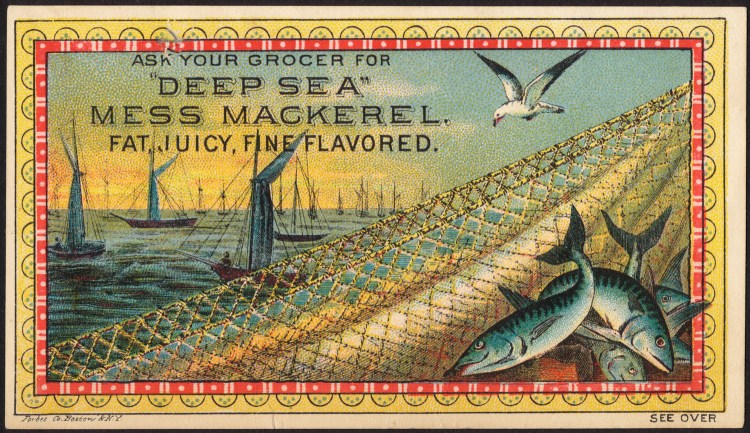
In recent years, the clamor around the “local” food movement has, in some quarters at least, grown slightly deafening. And if, like me, you find yourself living in a certain part of Brooklyn, the farm-to-table code of conduct has become etched in stone, to be breached only at deep personal peril.
If you can get past the smugness and preachiness, local food is, of course, a good thing. Knowing where the food you eat comes from is smart for personal reasons — just how are you nourishing your own body? — and because awareness of the food production process on the part of an informed public can help to drive business practices that now, all too often, are shrouded in secrecy.
A lesser known part of the locavore movement involves knowing more about the food we harvest from the sea (Jackie Savitz of ocean advocacy group Oceana calls it the “boat to plate” movement). An important part of this involves tracking fish to make sure that we’re really eating what we think we’re eating. (She says that in a 2013 survey, Oceana found that 59% of “tuna” was mislabeled, while chances were that a “red snapper” was another fish altogether. Yikes.)
The complexity of the supply chain for both land- and sea-based food is mind-boggling, which is precisely why it needs careful attention. A bill proposing the “Safety and Fraud Enforcement for Seafood Act” is now in front of the US Congress, supported by many high-profile chefs and restaurant owners. The macro challenge, of course, is that oceans are largely international, covered by a patchwork of laws.
But the real bonus of boat-to-plate, Savitz suggests: It doesn’t cause the same stresses as trying to make enough food from the land. There, the tension between maintaining biodiversity and using land to feed people is ever-present. Through responsible maintenance of the sea, Savitz argues, the two forces are aligned. That means that attention here could both sustain our oceans and feed humanity. Not a bad combination.
[ted id=2003]









